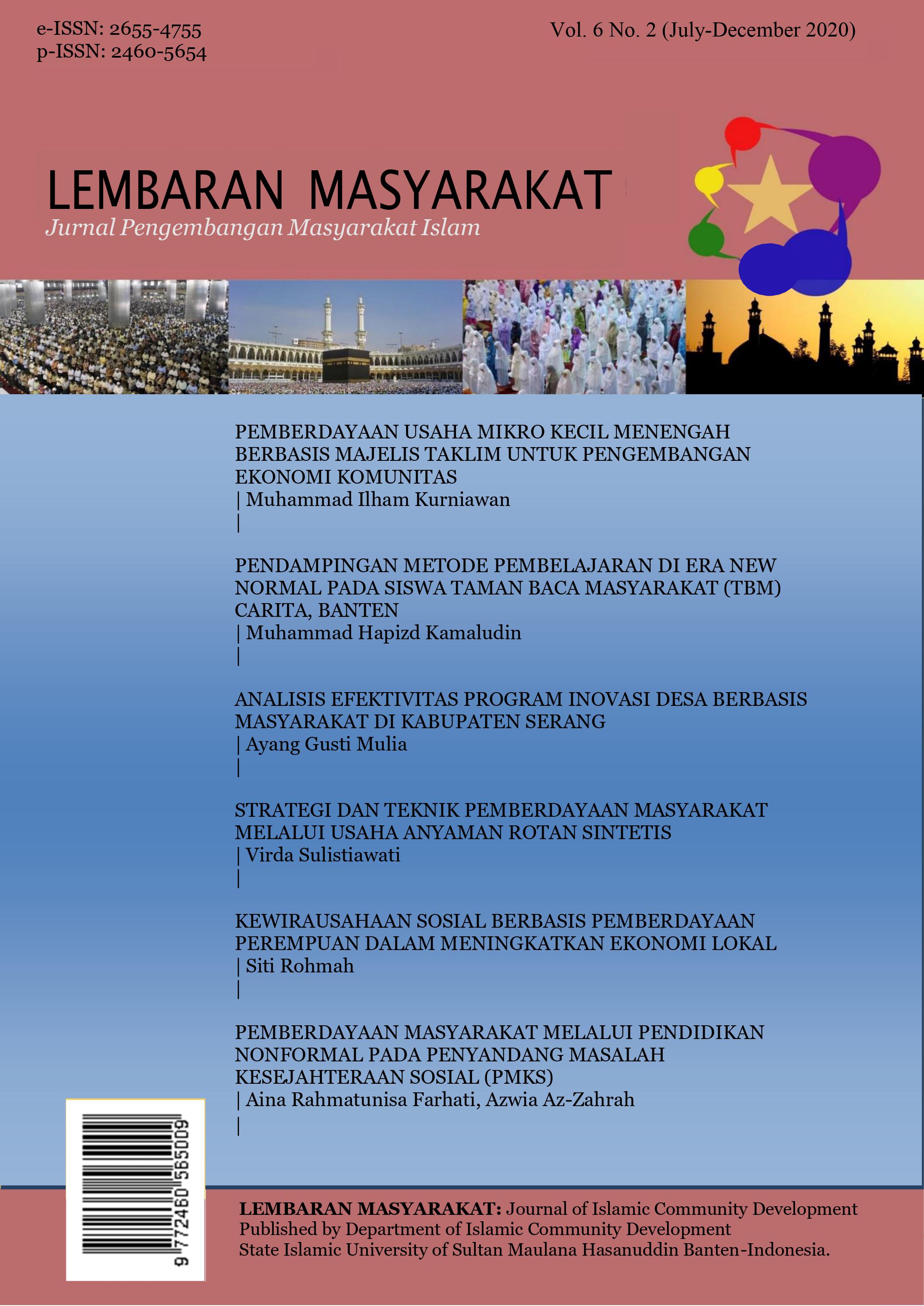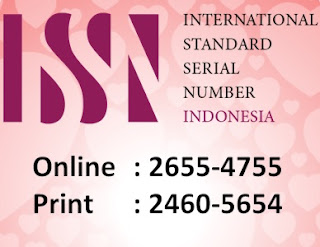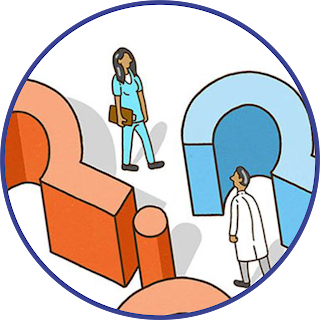EVALUASI PROSES PELAKSANAAN PROGRAM KARTU JAKARTA PINTAR (KJP) PLUS DI SEKOLAH MENENGAH PERTAMA (SMP) NEGERI 257 JAKARTA
DOI:
https://doi.org/10.32678/lbrmasy.v7i2.4612Keywords:
Education Assistance Policy, School Empowerment, Personal Social ServiceAbstract
The KJP Plus program is an Education Policy in rolling out personal education assistance that continues to date in the DKI Jakarta Province. The number of recipients of the KJP Plus program at SMP Negeri 257 Jakarta, which has increased from 2019 to 2020, is one of the factors that requires process evaluation research. The process evaluation uses the Pietrzak theory with a qualitative approach at SMP Negeri 257 Jakarta through the purposive sampling technique. The logical framework used includes an input component (in the form of funds, the government of regulation, infrastructure, and human resources) and an activity component (in the form of a process of socialization, and data collection). The results of this evaluation study are that the process of implementing the KJP Plus program phase 1 in 2021 at SMP Negeri 257 Jakarta has been in accordance with applicable regulations. The findings of this study were that the school played an influential role in data collection activities which included effective and efficient services through collaboration with the school committee. The supporting factor for the program was the role of schools that could coordinate and provide personal services in the data collection process to reach program targets. Meantime, the inhibiting factor in the process was the lack of technological knowledge on program targets which affected the timeliness of file collection. Input to the program, namely the SOP for the implementation of the KJP Plus program, needed to be conveyed to the school so that there was a uniform technical understanding of implementation in the field. Thus it achieved program objectives.









.png)
.png)
.png)

.png)











